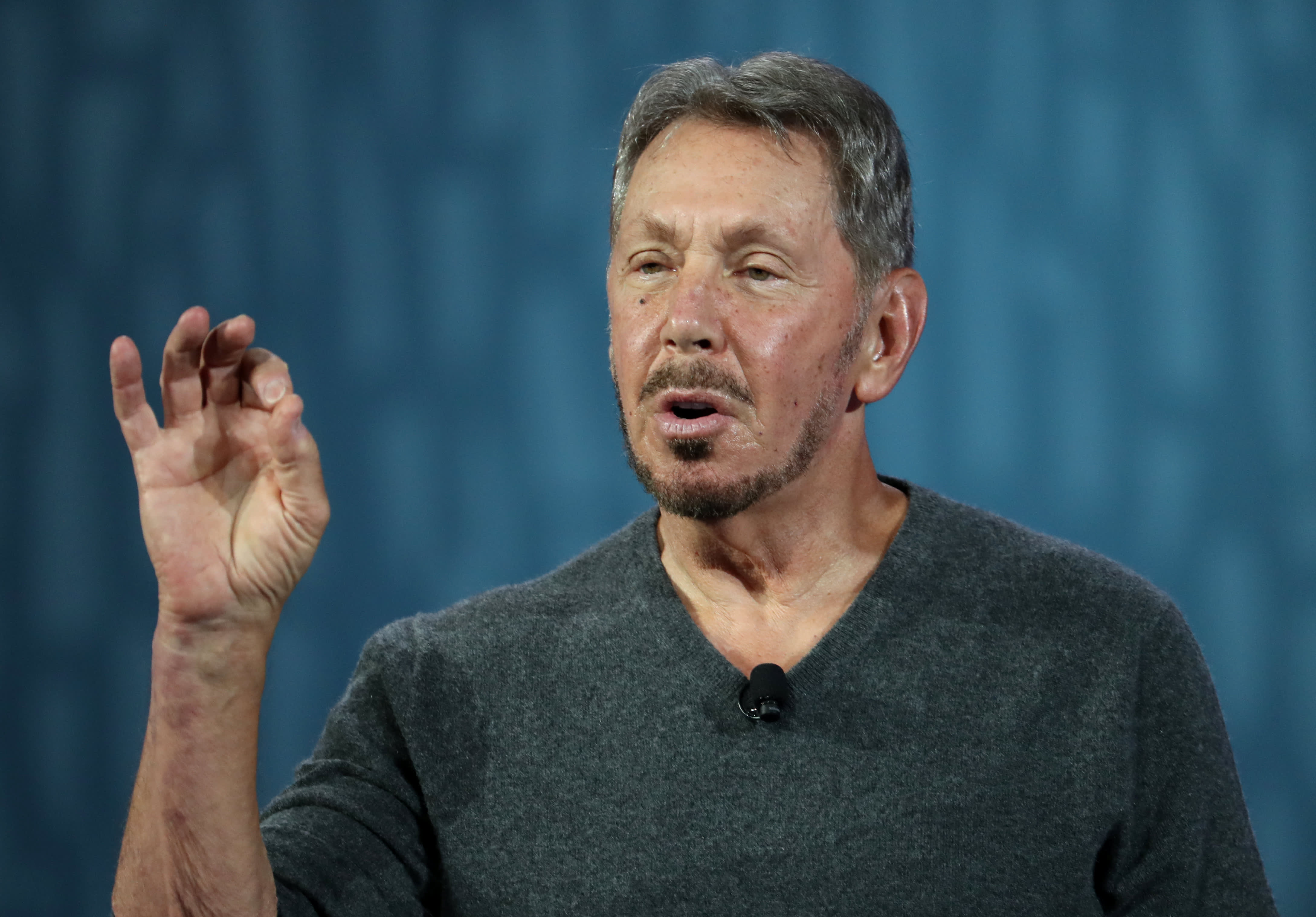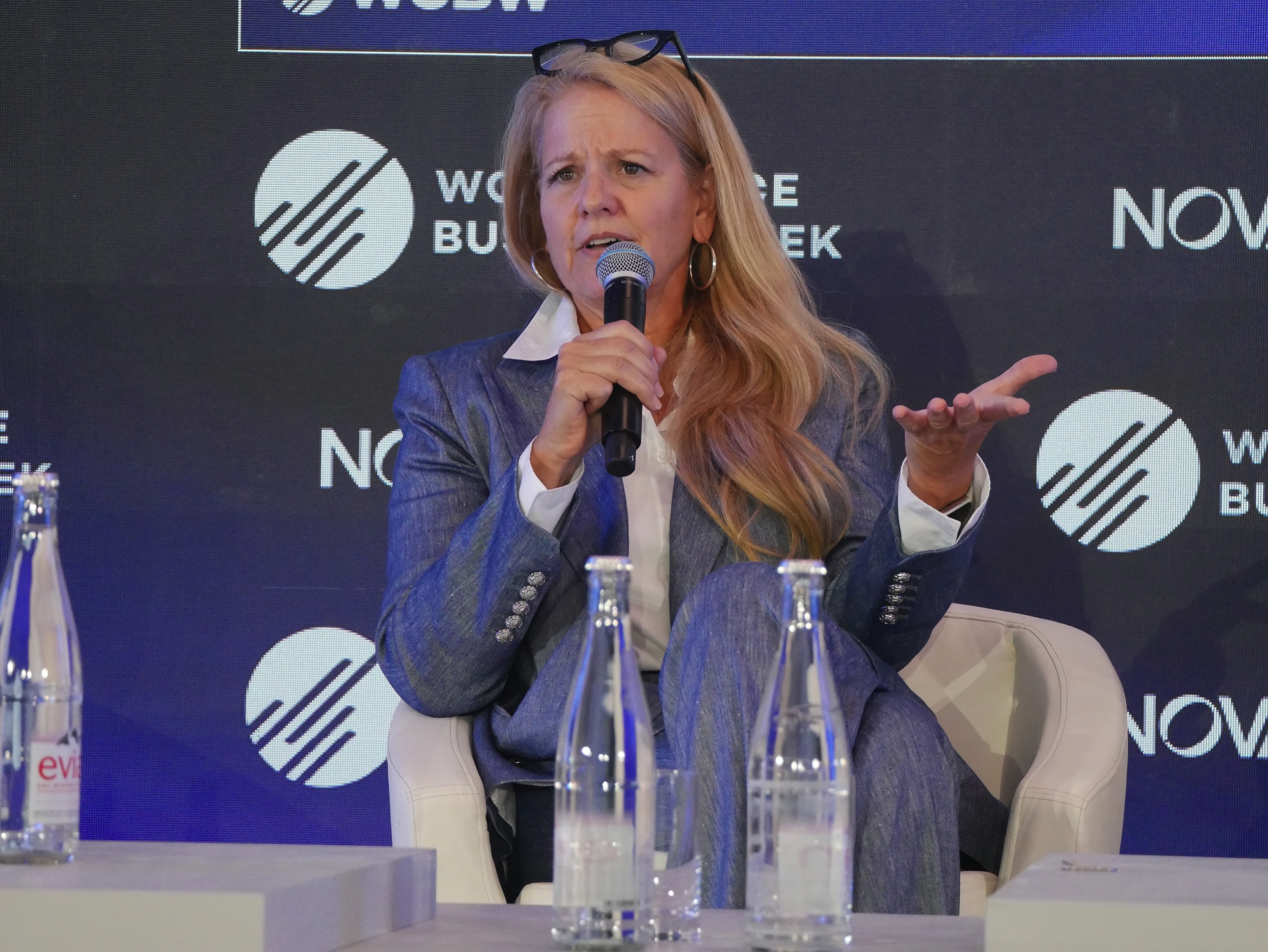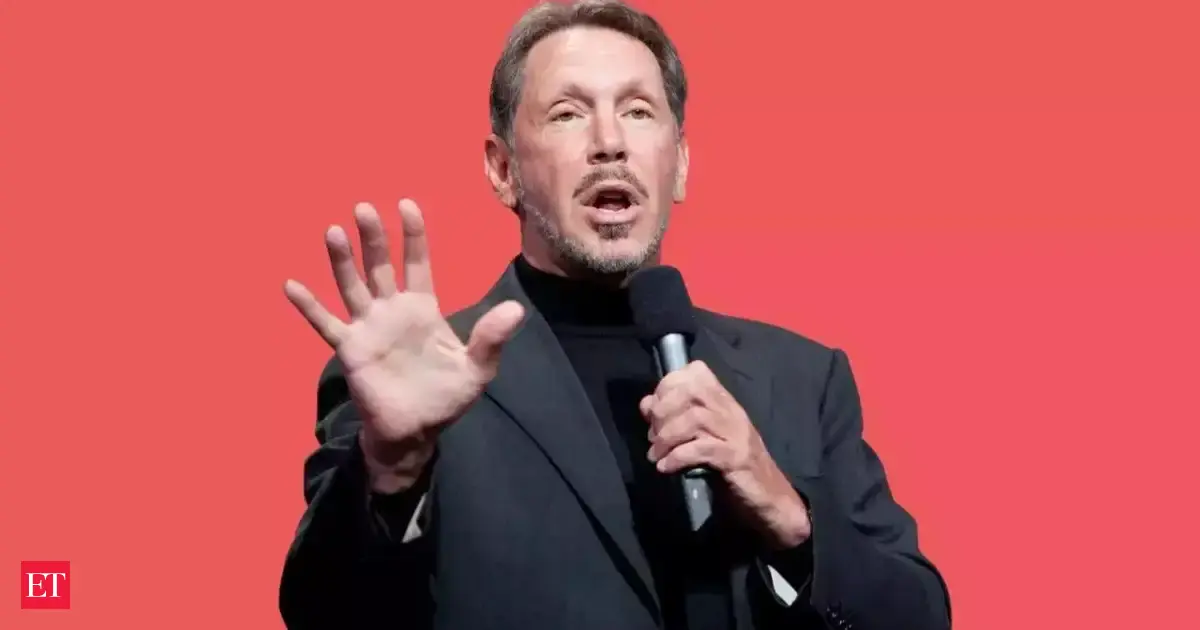Oracle’s Larry Ellison made his $365 billion fortune by breaking every rule of wealth management
By Robert Frank
Copyright cnbc

Most companies prevent or limit executives from borrowing against their shares to avoid a forced sale during a crisis or share decline. Oracle, however, has given its chairman and largest shareholder more leeway. Oracle’s governance committee stated in an SEC filing that it “believes that Mr. Ellison’s pledging arrangements do not pose a material risk to stockholders or to Oracle in part because the pledged shares secure personal term loans only used to fund outside personal business ventures.” The board said it also believes that Ellison “has the financial capacity to repay his personal term loans without resorting to the pledged shares.”
Sury said the size and value of Ellison’s pledged shares is “off the charts,” and that most boards would never allow that degree of leverage because of the risks to shareholders.
“Ellison is an exception,” Sury said. “His wealth and influence make lenders comfortable in a way they would not be with most executives. For many other companies this level of borrowing would raise real governance concerns and likely be viewed as a red flag.”
It’s unclear how much Ellison has drawn down on the loans. In a rare comment on his borrowing and spending strategy, Ellison told CNBC in 2012 that a $4 billion line of credit against his shares at the time was never drawn down but kept as potential dry powder for big purchases.
“I’ve got a line of credit just in case I go shopping and something catches my eye,” he said, mentioning the NBA’s Los Angeles Lakers as a potential example if they came up for sale.
Ellison’s hold-and-borrow strategy stands in stark contrast to the sales of Oracle CEO Safra Catz. Catz has continued to sell the options she receives from Oracle as they vest, maintaining a small stake in the company. She exercised and sold options totaling $2.5 billion in the first half of the year, making her the largest insider seller of the year, according to Smart Insider. She sold through a so-called 10b5-1 program, which is a pre-scheduled share sale program, and missed out on the 50% run-up in Oracle stock in the months following.
Bankers and wealth advisors to tech founders and CEOs say there is no right or wrong approach to managing a large stock position in a company.
“It all depends on the person,” said Solenn Séguillon, technology practice head at J.P. Morgan Private Bank in San Francisco, who works with many top tech founders and CEOs. “Everyone has a different comfort level in handling single-stock volatility.”
Most tech founders and CEOs, she said, are bullish on their own companies and want to hold onto their stakes as long as possible to grow their wealth. At the same time, they typically want to fund other tech ventures launched by friends or colleagues. Borrowing against their shares not only provides cash, but also potential tax benefits, since they can often deduct the interest on the loans if the proceeds are used for investments.
While some see share pledges and loans as compounding risk, Séguillon said it can be a form of diversification if the loans are used to fund outside investments.
“Borrowing to invest in a number of assets that are accretive or private companies or a more diversified portfolio can help build a hedge,” she said. “We discuss with our clients how to be mindful of the risks so they don’t end up in a situation where they’re over-levered.”
When lending to CEOs or founders with concentrated positions, private banks and wealth management firms say they look at a client’s entire balance sheet rather than just the stock position.
Kurt Niemeyer, head of Merrill Lending Solutions group, which offers complex loans to the ultra-wealthy, said a loan to a founder or CEO might include a wide range of collateral, such as real estate, art or even a yacht.
“The larger loans are more focused on the entire balance sheet,” he said.



